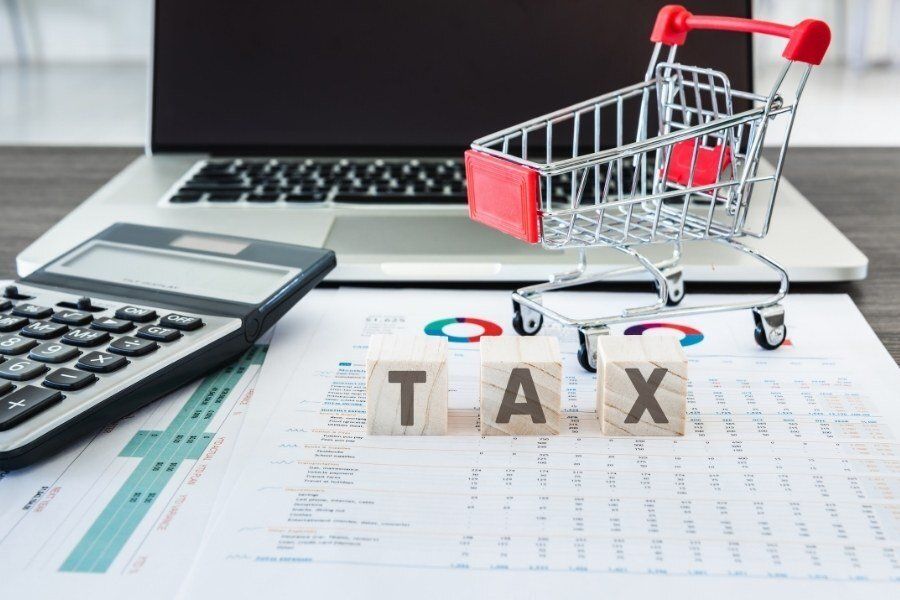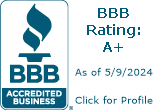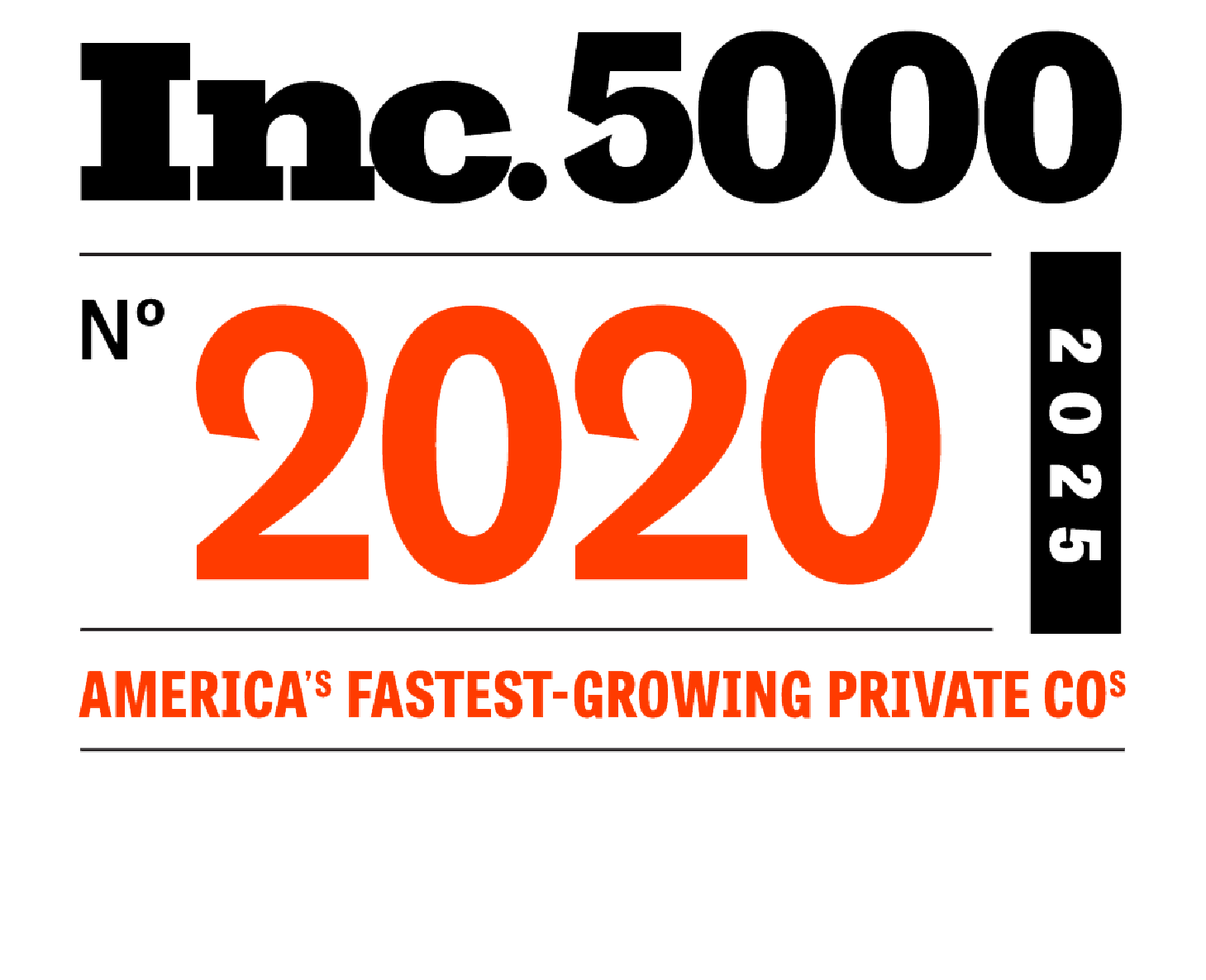Florida Sales Tax Compliance

Florida’s tax rates are mostly consistent across the board, but there are a couple of exceptions that are useful for one to keep in mind while filing taxes. Florida has a state-level tax rate of 6%, but when it comes to commercial rentals, the tax rate is .5% less. This makes the state-level tax rate on commercial rentals 5.5%. Florida sales tax compliance also imposes a 4% tax on amusement machines and a 6.95% tax on electricity.
Florida Sales Tax
There are four different types of filing frequencies for tax returns in Florida: monthly, quarterly, semi-annually, and annually. Make sure to mark your calendar for the 19th of each month because that is the last day you can file your tax returns in Florida. If the 19th falls on a weekend or on a business holiday, then the deadline is changed to the first applicable business day before the 19th. This is different than how most states deal with their return due dates. Usually, states will push the due date back to after the weekend or holiday. Keep that in mind, so you do not end up missing the due date because you thought you had a little bit of extra time. Please note that all payments must be made before 5pm EST of the due date to be considered on time.
Aside from the regular state tax rate, if a taxpayer pays $200,000 or more in sales tax liability over the previous calendar year, they are also responsible for paying estimated tax. The specific amount a taxpayer must pay in estimated tax can be calculated in one of three ways:
1. Calculate 60% of your tax liability of the same month from the previous year.
2. Calculate 60% of your monthly average tax liability based off the previous year.
3. Calculate 60% of the sales tax due for next month's return and pay that amount.
When you are filing your taxes, please be aware that Florida has a Collection Allowance for taxpayers that file and pay on time. This allowance is 2.5% of the sales tax liability, but it’s capped at $30, so you can get some tax back for being a timely filer.
Florida sales tax compliance has its own unique version of local county taxes called Discretionary Sales Surtax. There are five different rate variations of this surtax, which range from 0.5% to 2.5% in increments of 0.5% depending on which county the sale was located. Taxpayers must report the amount of discretionary sales surtax on line 15(d) of their tax return. Any transactions over $5,000 cannot be subjected to discretionary sales surtax. Transactions over $5,000 are subject to the state and discretionary sales surtax up to $5,000, each dollar over the $5,000 threshold is only taxed at the state rate of 6%.
If you are curious to learn more information about Florida sales tax compliance, feel free to visit the Florida Dept. of Revenue's website.
Florida Sales Tax Compliance Services
Agile’s experienced sales tax consultants can help by completing your company’s ongoing compliance filings in the state of Florida. In fact, we’ve offered an outsourcing solution for both this process since 2005. You can learn more about our outsourced sales tax compliance services or simply give us a call at (888) 350-4829. We are interested to learn more about your needs, and you might be surprised how little it
will cost to have a sales tax expert take this responsibility off your hands! To also see if your business qualifies for money-saving tax exemptions such as those on manufacturing supplies, food, and medical supplies in Florida, consider consulting a sales tax expert today.
Agile Consulting Group has developed a patented, real-time nexus study program that provides instant results. Now we have two ways we can assist you when it comes to determining whether your business has sales tax nexus in any U.S. states! Choose our traditional, manual study conducted by our team of sales tax compliance specialists, or opt for an instant solution via our real-time nexus study.












